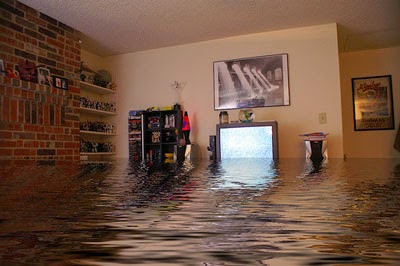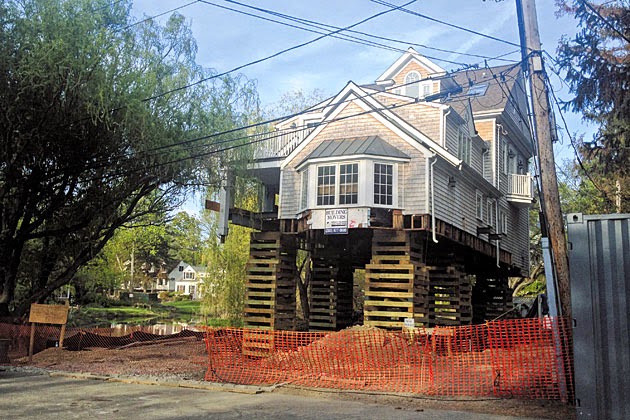Buying Insurance
Everything You Need to Know
The best thing to do in order to ensure you have purchased the right insurance is to first determine your risks. Then, as you follow along on this website, you’ll learn how to make the informed decisions that will help you purchase exactly the coverage you need – not too much, not too little.
Let’s get started…
What is Insurance and
Why Do I Need it?
In simple terms, “risk” is exposure to loss. Risk Management is the act of managing your personal potential for loss and what that loss will cost you. One way of managing risk is to purchase insurance. Insurance is the act of transferring your risk to someone else that will cover some or all of your losses for a fee called a “premium.”The reason we buy insurance is either because we want to make sure we’re protected if something happens, or because the bank requires us to as a condition or requirement of our loan – or both. The key is to make sure you have chosen the right insurance company – and that you purchase the right policy for the right price.
In regard to homeowners insurance, there are actually nine major risks to be concerned about, and we invite you to have fun while learning about them at Meet The Risks.
Choosing an Insurance Partner
What is an insurance company rating and why does it matter?
Insurance companies are evaluated by several different bureaus based on financial stability, longevity and the way companies perform. The ratings are an important factor in choosing your insurer. Bankers is proud to say that, as of 2009, we maintain a “B+” rating with A.M. Best – the most highly respected bureau providing insurance ratings.
That said, it’s also important to note that, while ratings are significant, they are no guarantee. A significant number of “A‐rated” insurance companies folded after some of the bigger-named storms hit Florida and Louisiana over the past few years. Please view these ratings as a useful evaluation tool, but not your only criterion when choosing an insurance company.
What is often even more important than a carrier rating is a catastrophe “rating”–especially if you live in coastal states like Florida, Louisiana and South Carolina. Bankers has weathered an impressive 25+ catastrophes and offers exceptional customer service and claims response time. Imagine the risk of choosing a new insurance company that has never even handled a catastrophe. Knowledge like this is priceless to you. Your insurance company should have years of experience when it comes to catastrophe management. You want a carrier that has “been there and done that” and will be there for you during what can be one of the most frightening times of your life.
Reprinted from Bankers Insurance
by Matt Lehn
Lehn & Vogt Insurance
2980 S McCall Rd
Englewood, FL 34224
www.lehnandvogt.com





